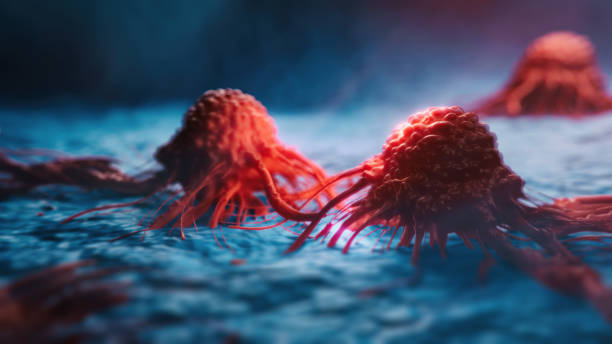Breast cancer is a type of cancer that develops in breast cells. It usually begins in the milk-producing glands of the breast, known as lobules, or in the tubes that carry milk from the lobules to the nipple, known as ducts. Breast cancer can also occur in the fatty and fibrous connective tissue of the breast.
Breast cancer can be classified into different types, including invasive ductal carcinoma, invasive lobular carcinoma, and inflammatory breast cancer, among others.
It can also be classified by the presence or absence of certain proteins or receptors on the cancer cells, such as estrogen receptor (ER), progesterone receptor (PR), and human epidermal growth factor receptor 2 (HER2).
The causes of breast cancer are not fully understood, but certain risk factors have been identified, including:
Gender: Breast cancer is more common in women than men.
Age: The risk of breast cancer increases with age.
Family history: Having a close relative, such as a mother or sister, with breast cancer increases the risk of developing the disease.
Genetic mutations: Certain inherited genetic mutations, such as those in the BRCA1 and BRCA2 genes, increase the risk of developing breast cancer.
Personal history: Women who have had breast cancer in one breast are at increased risk of developing the disease in the other breast.
Hormone levels: High levels of estrogen and progesterone can increase the risk of breast cancer.
Symptoms of breast cancer can include:
A lump or thickening in the breast or underarm area.
Changes in the size or shape of the breast
Nipple discharge or inversion
Redness or thickening of the skin on the breast or nipple
Breast pain or tenderness
Diagnosis of Breast Cancer
Diagnosis of breast cancer typically involves a combination of physical exams, imaging tests, and biopsies. Treatment options may include surgery, radiation therapy, chemotherapy, targeted therapy, and hormone therapy, among others. The choice of treatment depends on factors such as the stage and type of the cancer, as well as the patient’s overall health and preferences.
Where can I find Cancer Healthcare?
Lifefount International Hospital is your private healthcare service provider with an expansive line of emergency for your health needs. We specialize in Cancer care, Endoscopy, Colonoscopy, major and minor surgeries. And we have great testimonies from survivors we’ve treated and are doing well. Early discovery and prompt treatment helps!



